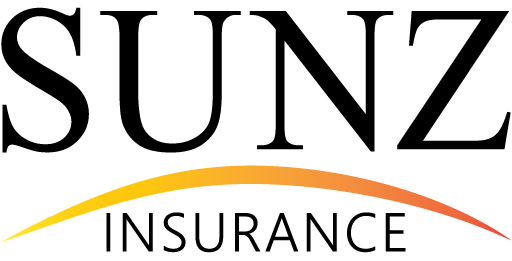It is no secret that the COVID-19 pandemic has consumed the past year. Across the globe, businesses and their employees have struggled to balance safety with productivity and growth. Yet, there is good news. With cases declining and options for vaccination expanding, many organizations are beginning to plot out a return to work. Of course, returning to work does not mean business as usual. Companies and employees will need to face a new reality shaped by all we have learned during this crisis.
One of the most common changes organizations have begun to announce is the change in the work environment. Some of the nation’s largest companies have repositioned to allow employees to work from home permanently. A vast majority of companies have announced some form of hybrid environment for Q3 and Q4 of 2021. In this model, employees would only come into a physical office location 2 or 3 times a week and work from home the remaining days. It is too early to say if these hybrid options will become standard practice beyond 2021, but many experts have argued the benefits of these unique arrangements.
Of course, at SUNZ, our focus is on liability and insurance. While it may seem counterintuitive, employers will be liable for employees working from home in the same ways as those working in the office. This includes being liable for injuries that occur while on the job.
When an employee works from home, that home essentially becomes an extension of the office. Every hour spent working at home is an hour spent working on company property. Company property means any injury from the common to the extreme could be seen as a workforce injury and leave you open to worker’s compensation claims. The solution from a liability stance is simple documentation.
First, make sure you have outlined a detailed work from home policy and that every employee has signed it. Good policies outline everything from tracking hours and using personal devices to the physical requirements of a work from home space. It is within your right to determine where an employee should be working in their home. This should be outlined in your policy and followed up with a safety survey completed by your employees. When helping employees set up their spaces considered common work-related problems such as non-ergonomic furniture, poor lighting, poor ventilation, or tripping hazards.
When looking at work from home, arrangements treat the employees home the same way you treat your office space. Homeowner’s or renter’s insurance is a great way to ensure employees are covered in the event of damage-causing injury during working hours. Ask employees to provide a copy of their insurance and keep it in their HR file. If an employee chooses not to get insurance, have them sign a document that outlines their acceptance of liability. Remember that events covered under homeowner’s insurance do not apply to standard workforce injuries. The policies will only cover the liability of an injury caused due to a critical event or problem with the physical home.
The determination of a work-related injury when working remotely is mostly identical to the measures used in an office. For example, take the details of a 2006 case out of Pennsylvania. An employee was working from a home office. During her workday, the employee left her desk and went to get a glass of water located on a different floor of her home. While there, she thought she heard her work phone ring and rushed back to answer it. In running to her desk, she tripped, causing her to fall down a flight of stairs and injure herself. The court ruled that this was an on-the-job injury as it occurred while she was engaged in a routine personal comfort activity during work. In the court’s opinion, this would have been no different if she was in the office and tripped while returning from the water cooler. She was awarded coverage under a worker’s compensation claim.
Remote work can be a great option, particularly when trying to limit the possibility of virus transmission within an office. When implemented correctly, a work from home program can increase employee satisfaction, improve employee health, and dramatically increase productivity. In fact, a study conducted by the PEW Research Center found that 54% of currently working American adults would prefer to work either entirely from home or partially from home.
As with any potential liability, the SUNZ team is here to help companies succeed in changing environments. Our team is available to help draft hybrid environment policies or review current work from home strategies to ensure limited liability and ensuring your employees remain safe.


